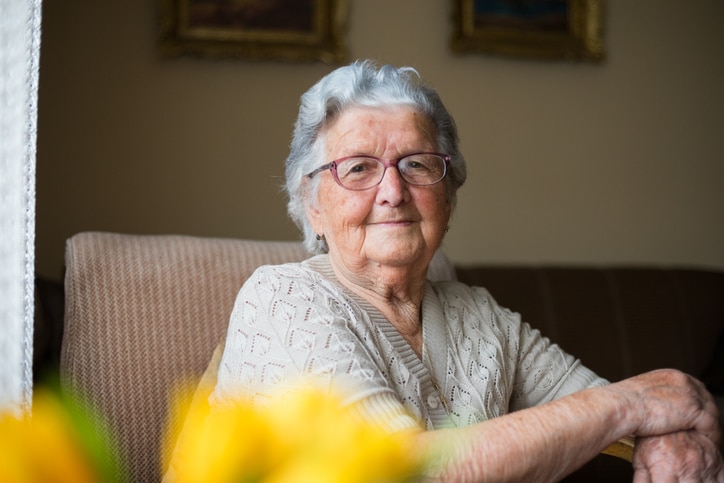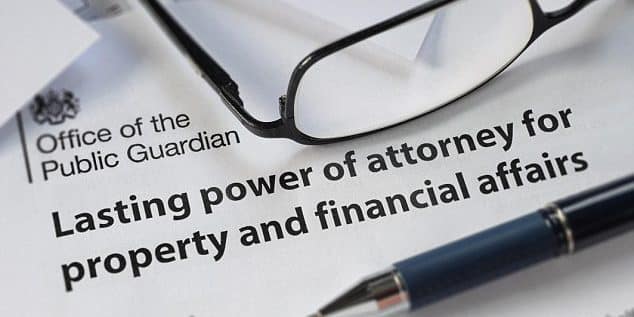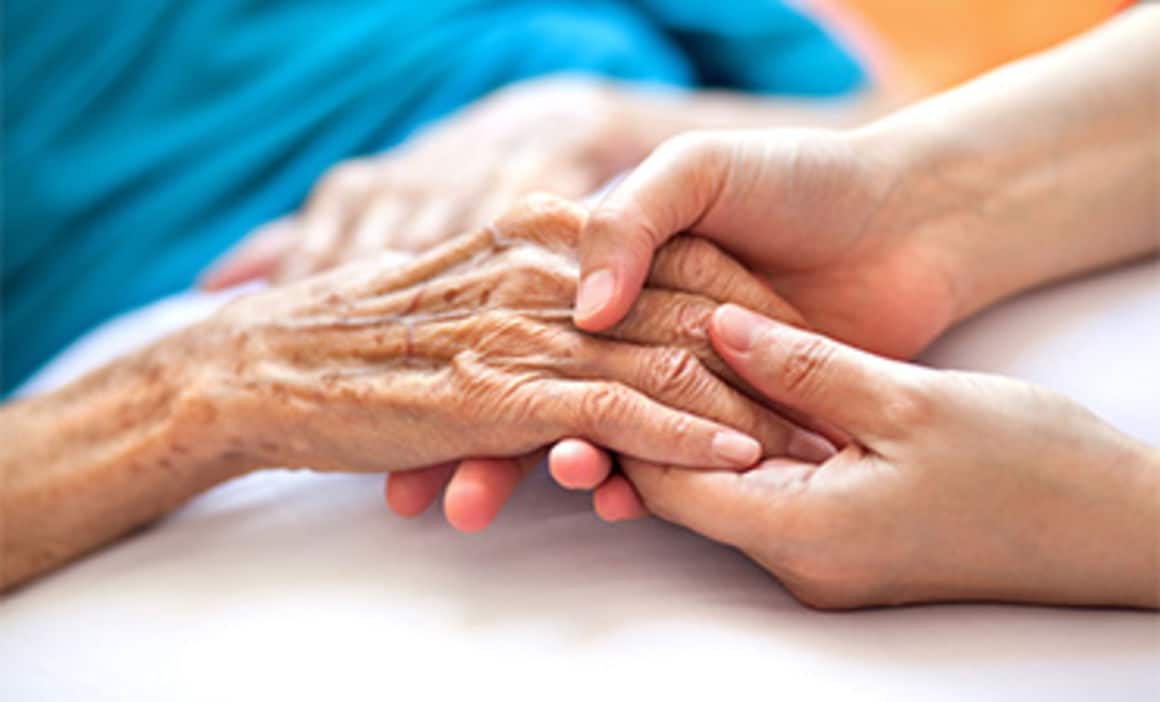The responsibility of dealing with the deceased’s property falls to the Executor (when there’s a Will) or the Administrator (when there’s no Will). This means that if anything happens to the property after the owner dies, they are responsible for resolving the issue.
Before dealing with the property, it’s important to ascertain how the property was owned. It could be that the property was owned solely by the deceased or they co-owned it with someone else, so the deceased only had a share in the property. If the property is owned as joint tenants, it will automatically pass to the co-owner. If the property is owned as tenants in common, the deceased’s share will form part of their estate and needs to be dealt with in line with the Will/rules of intestacy.
When dealing with the property, the following could be involved:
• Organising specialist building insurance – when a property is left unoccupied, restrictions apply to standard insurance. A policy that covers the deceased’s property will need to be sourced
• Notifying utility companies – utility companies should be notified as soon as possible so that delays to payment requests can be put in place and accounts can be frozen. Outstanding bills are usually paid from the estate
• Redirection of mail – a special circumstances form can be taken to your local Post Office or sent off by post so that mail is redirected
• Property clearance – if sold, the property will need to be cleared of all furniture and personal items. Professional companies can be instructed to clear the deceased’s possessions if necessary. If you have questions about dealing with property, please contact us.





